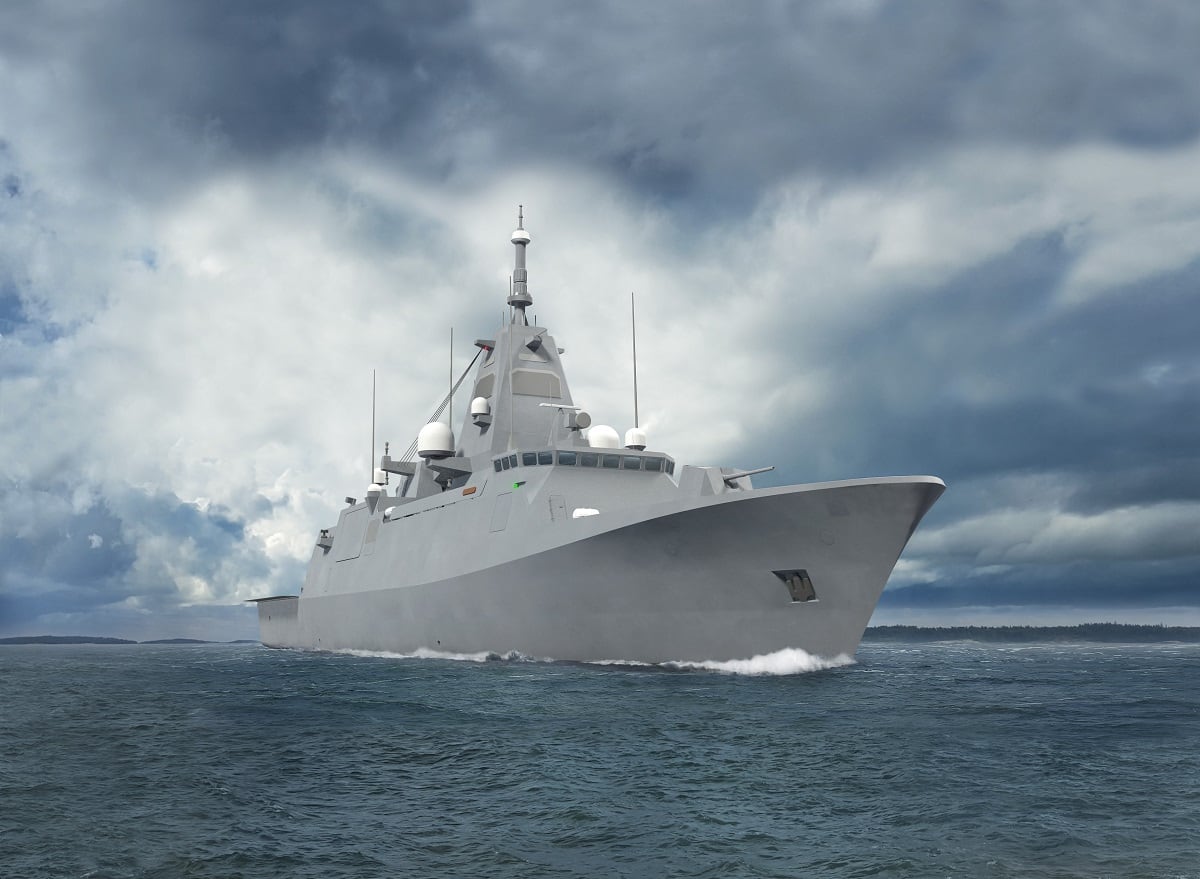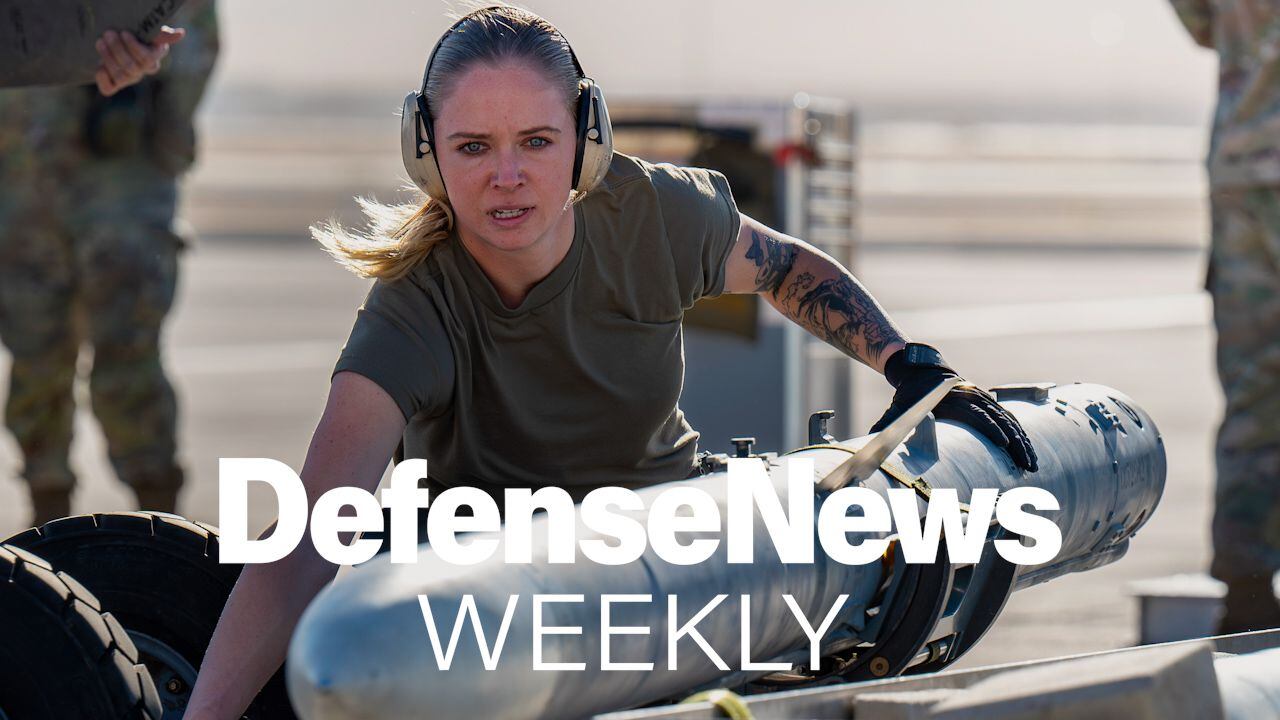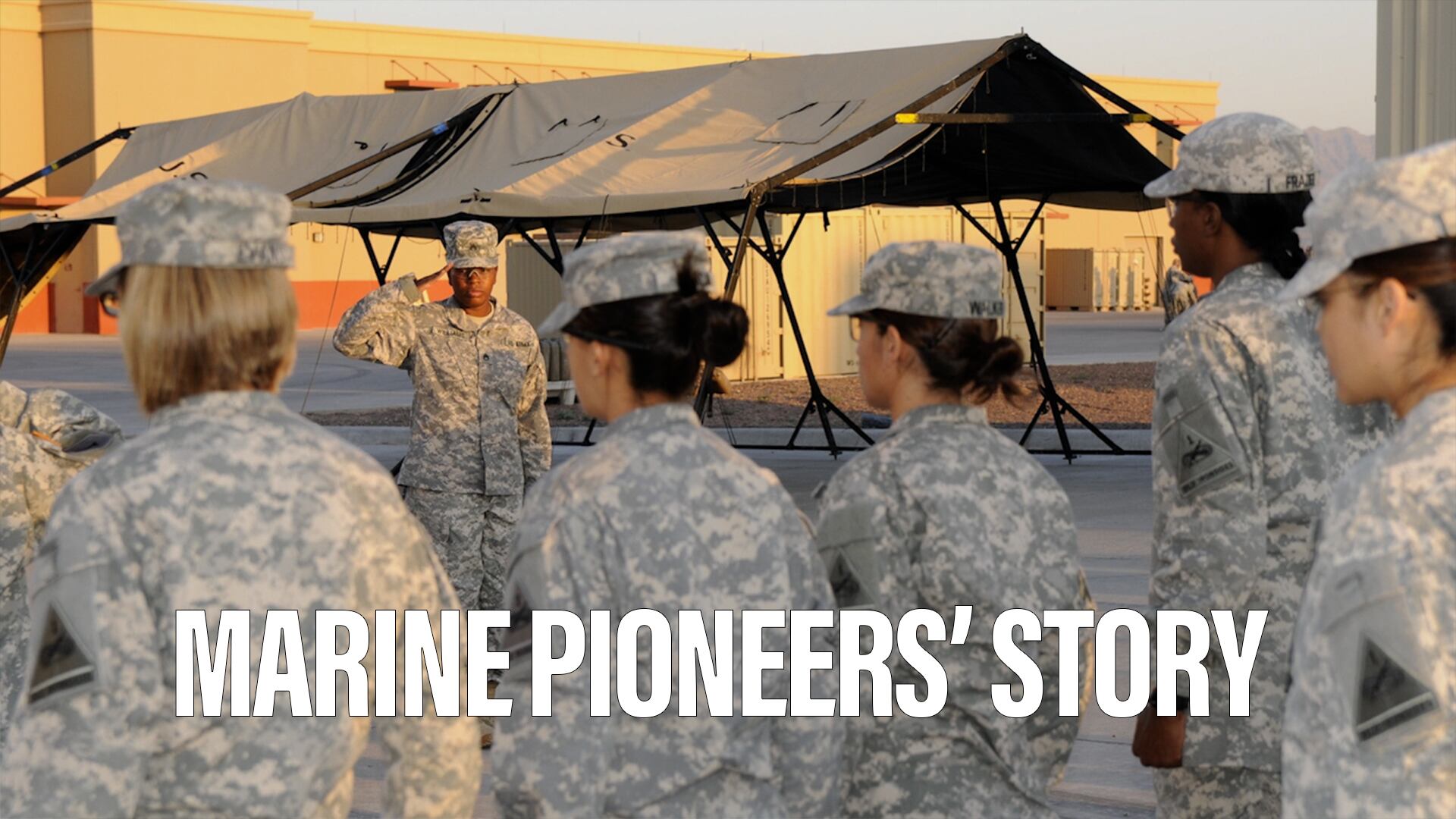WASHINGTON — Finland’s defense minister, Jussi Niinistö, visited the Pentagon May 8 to sign a letter pledging greater trilateral cooperation between his nation, the United States and Sweden. After the event, he talked with Defense News about his goals for the meeting, shared concerns about the European Union’s new defense initiative and Finland’s relationship with NATO.
Finland just signed a new statement on trilateral defense cooperation with the U.S. and Sweden, but it’s fairly broad language. What do you see as the most concrete part of the agreement?
Firstly, I have to say it is not a “trilateral agreement,” in a legally binding way. It is a statement of intent, and there is a big difference with that. I think the most important part of the statement of intent is the exercise part. We have had good exercise cooperation with the United States and Sweden lately.
For instance, last year, Sweden arranged a multinational exercise called Aurora, [in] which both U.S. and Finland participated. For instance, right now in Finland there is an Army exercise called Arrow, there are U.S. Marines taking part in that. In the autumn, there will be a big exercise in Norway called Trident Juncture ― high-visibility exercise. Finland will be taking part with 1,500 or up to 2,000 soldiers, and also Sweden is taking part in that big exercise. Remember that in 2021, Finland will be arranging a similar kind of exercise like Sweden did with the Aurora exercise, so we will have over 20,000 soldiers in Finland, and the most important partners in that exercise are the Untied States and Sweden.
But the 2021 exercise has been in the works for a while. So does this change that at all?
Well, it is a cooperation done on a win-win basis. We go to exercise, for instance, to Sweden or the United States, Finnish Air Force is taking part at Red Flag exercise in October this year. This is the first time in Finnish Air Force history that we take part in this biggest exercise in the world. The United States comes to our exercise. So everybody hopes to benefit in this cooperation.
Finland has been very supportive of the EU Permanent Structured Cooperation on Security and Defence initiative, but the U.S. has been wary. Did that topic come up during your talks with U.S. Defense Secretary Jim Mattis?
Yes, it was a topic. PESCO is a topic, I guess. Every time Secretary Mattis meets with a European counterpart, he will talk about PESCO. And I understand it. We talk with the same voice on this issue because, for instance, the United States defense industry is worried about this PESCO project, [if it will] lead to the fact that every country in the European Union has to buy defense products from the European Union. And Finland doesn’t want it to be like that.
We have a strong opinion that we want to buy the best available defense material, wherever we want, because since 1992, when Finland decided to buy F-18 fighter planes, we have been practically married with United States defense technology, and we buy a lot of stuff, from Israel also. So for a country like Finland, which is militarily nonaligned and has territorial defense, [it] has to take care of defense on her own if needed. Of course we hope partners [will come to our aid], but alone if needed. It’s very important that PESCO is not excluding [non-EU industries].
RELATED

Finland is in the early process of buying a new fighter. How do you balance between quantity and quality when looking at the new fighter?
We have money for €7-10 billion (U.S. $8-12 billion), and we are going to buy 64 fighter planes. We have been always counting on quality: quality on planes and quality on training our pilots. Our pilots are the best in the world, let me say that, because they are trained so well. We have our own special program. We train them in Finland, and they get along very well in international [exercises]. I am thrilled to see what happens in the Red Flag exercise, what is the level of expertise of Finnish pilots now, because it has been very good during the recent years.
Sweden is looking to buy Patriot, and some of the Baltics have limited networked air-defense capabilities. Would you want an interoperable system among all Baltic nations for air defense?
No. No. We are not exploring that kind of possibility. But we have done cooperation when it comes to radar with Estonia. For instance we bought medium-range radars, we purchased 10 and Estonia two, so we bought them together. So we do that kind of cooperation. And it was a couple of years ago.
Could you see that expanding to other nations or areas?
We can buy together. For instance, we bought ― last year I was able to buy surplus material from South Korea, K9 Thunder self-propelled howitzers, 48 pieces. At the same time, we negotiated the same deal for Estonia, who is going to buy [the same]. So we do that kind of cooperation all the time, [but] Estonia is part of NATO, we are a militarily nonaligned country. We make materiel procurements together, but it doesn’t bind us.
What do you want to see happen from the upcoming NATO summit?
There are issues to be discussed inside NATO, for instance, the command structure. But of course we are looking forward to taking part in the Resolute Support mission, and the political dialogue all in all is important for us. We want to be part of that, and I know Sweden does too.
Anything you will specifically be pushing for?
Well, Finland is not going to push in a NATO summit. We just hope that we can take part in these summits in the future and have this important political dialogue together and to be partners in NATO, enhanced-opportunities partners. That is good for our defense capabilities. That, we want to continue.
Aaron Mehta was deputy editor and senior Pentagon correspondent for Defense News, covering policy, strategy and acquisition at the highest levels of the Defense Department and its international partners.








